
FLIGHTS
12-07-2023 by Freddie del Curatolo
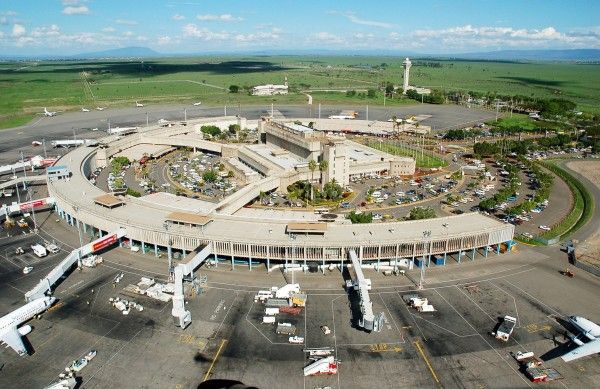
We have been discussing this for some time, at least since the resumption of air traffic after the pandemic, which in Kenya and most countries on the African continent dates back to the spring of 2022: flying to Africa is more expensive than anywhere else in the world. The combination of ticket price, taxes and tourist visa cost makes it an expensive destination, even in relation to tourist destinations with the same appeal on other continents.
But don't think this is just a problem with Kenya or flights from Europe to Africa. It happens on domestic continental routes as well. For example, the BBC compares the price of a ticket for a plane leaving the German capital, Berlin, bound for Turkey's largest city, Istanbul.
That direct flight, lasting less than three hours, is likely to cost about $150.
But for a flight of similar distance, say between Kinshasa, capital of the Democratic Republic of Congo, and Nigeria's largest city, Lagos, it will cost between $500 and $850, with at least one change and a wait at the intermediate stopover that can make the transfer take up to 20 hours.
This, for example, makes it incredibly difficult and expensive to move for business in Africa, and it is not only leisure travelers who suffer.
The International Air Transport Association (IATA)-the global trade body representing about 300 airlines that make up about 83 percent of the world's air traffic-says that if just 12 key countries in Africa worked together to improve connectivity and open up their markets, 155,000 jobs would be created and the Gross Domestic Product of these countries would be increased by more than $1.3 billion.
"Aviation contributes directly to each country's GDP. It generates jobs and activates the economy," Kamil al-Awadhi, IATA regional vice president for Africa and the Middle East, told the BBC.
According to experts, there is evidence that air transport boosts the economy and "low-cost" airlines . can improve connectivity and competition which obviously lowers prices, boosting tourism, which creates many more jobs with all its ancillary industries.
In addition, the poor quality of road networks and lack of railways in many African countries often make air transport the most practical choice for freight as well.
Another figure, says that although nearly one-fifth of the world's population lives in Africa, it accounts for less than 2 percent of global air travel.
It is true that prices drop when traffic is heavy and continuous, and this may already be a good reason why planes in and to Africa are more expensive, but that is not to say that if the supply were wider, things might not work out. In fact, in Kenya, for example, there is also a growing middle class that could travel by air if ticket prices were similar to those in Europe or other countries.
African states have been trying for decades to integrate the aviation sector, but have not yet been successful.
"If the African economy is to be transformed, there needs to be a coherent strategy from Africa to address the shortage of air service," says Zemedeneh Negatu, global president of the U.S.-based investment firm Fairfax Africa Fund.
In his view, flights within Africa are still structured on the basis of cumbersome bilateral agreements from one country to another, and most state-owned flag carriers in Africa barely cover their costs, while some even operate at a loss.
"Every African government would like to see their flag on the tail of a plane at Heathrow or JFK airport, but African governments need to realize that autonomous airlines are not profitable." According to Zemedeneh, African airlines should take inspiration from Europe and form large partnerships, such as that between the flag carriers Air France and KLM of the Netherlands, and the Anglo-Spanish International Airlines Group (IAG) formed by British Airways and Iberia.
In his view, even in the rich European market, conglomeration is the way forward to enable airlines to survive and provide a cheaper and more reliable service.
The current system in Africa is very fragmented, and although 35 countries have joined the Single African Air Transport Market, an African Union initiative to free up the skies for African airlines and reduce costs, it could be years before it is implemented.
Simply put, there is not enough unity among African countries, each thinking it knows best how to handle the situation and thinks about its own business. This kind of protectionism is hurting the aviation industry. There is no advantage in having one's own flag carrier, and when it works, separately, excellent situations are formed that can make the market on their own, as in the case of Ethiopian Airlines.
Just over 15 years ago the company employed about 4,000 people. Now there are more than 17,000.
Ethiopian, it is worth remembering, is state-owned, but is run entirely as a commercial enterprise without government interference. Since the beginning of its commercial expansion, it has more than doubled the size of its cargo and passenger aircraft fleet and made Addis Ababa a regional hub, bringing foreign currency into the Ethiopian capital and boosting the country's service industry. Then again, even the Ethiopian state itself, at the beginning of the millennium, was one of the poorest countries in the world; today it is one of the fastest growing economies.
It goes without saying that if other companies emulated Ethiopian's business success, this could have a positive impact on airfares, bringing them more in line with Europe or Asia, and that they could finally get where they want to go faster and cheaper.
How to make this happen? With regard to Kenya especially, open up air traffic to as many companies as possible, forge alliances and "code sharing," and combine efforts to create a rationale for reducing fees. Then again, the issue is raised in the West as well, for all routes not covered by the few low-cost airlines that dictate.
It is an international issue, with prices that have not come down since the pandemic, and indeed, with the famous talk of fuel adjustment (another false problem, it would be enough to reduce excise taxes to refresh the sector), the Russian war and the reduction of travel, it also affects Italy.
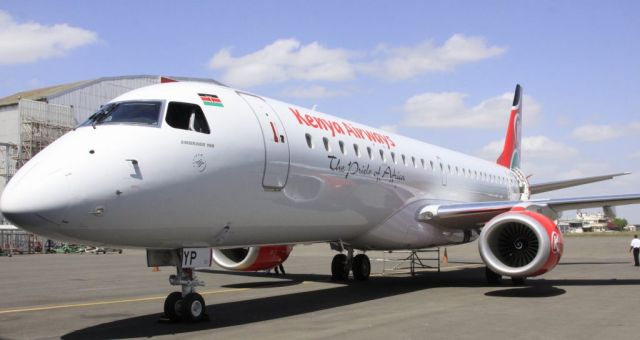
The emergency of Kenya's national airline, Kenya Airways, which a few days ago, as our website had...
by Leni Frau

In view of the upcoming tourist season in Kenya, and especially for those frequenting the coastal...
LATEST NEWS
by redazione

Ethiopia has temporarily closed the Bole International Airport to civilian aircraft due...
FLIGHTS
by redazione

As is well known and already reported in the main press, the shareholders' meeting of Air Italy, i.e. Alisarda...

At least 15 days of inconvenience and disruption are expected for travellers who have booked...
FLIGHTS
by redazione

Every high season history seems to be repeating itself: the places on the planes that...
NEWS
by redazione

Also the European charters of the Anglo-German company TUI have decided to suspend their...
HOLIDAYS
by Freddie del Curatolo

The confirmation comes from the Association of Italian Tour Operators (Astoi) at the opening of the...

Everyone is flying back to Kenya.
Airlines, driven by the great demand for business travel and the reborn tourist interest for one of the most sought after safari destinations in the Continent, have resumed their destination in Nairobi, as well...
TOURISM
by NEWS
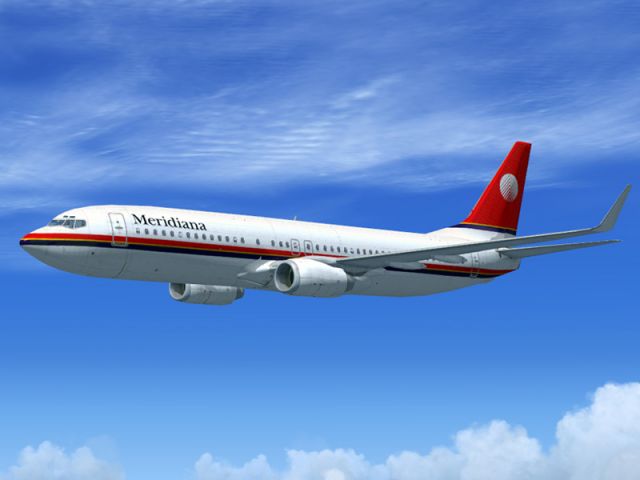
There's a "Back-To-Kenya" feeling for next Christmas holidays and there will also a "boom" for Italian tourism, as well as that from other European nations. One of the thermometers of the hot parties that await us is the fact that...
EDITORIAL
by Freddie del Curatolo

There is optimism on the part of Italians who are planning to travel to Kenya for the winter vacations...
FLIGHTS
by redazione

As malindikenya. net had announced a few weeks ago, a new low-cost airline decided to open the Nairobi-Malindi route and also to promote tourism and business between Malindi and Lamu.
TURISMO
by redazione

The most important Italian tour-operator among those operating in Kenya, Alpitour, has...
VOLI
by redazione
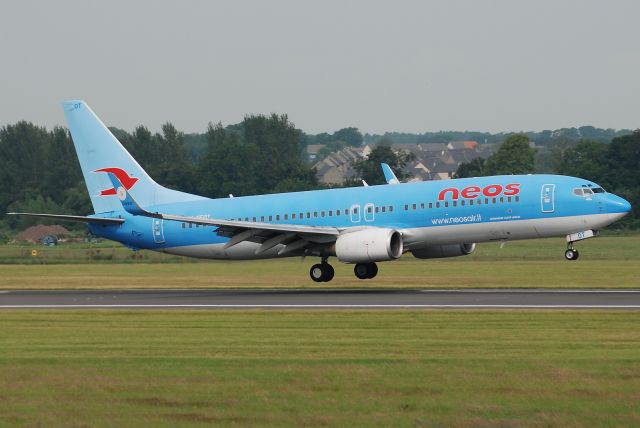
Today came the response of the charter airline Neos to the suspension of direct flights from Milan and...
FLIGHTS
by redazione
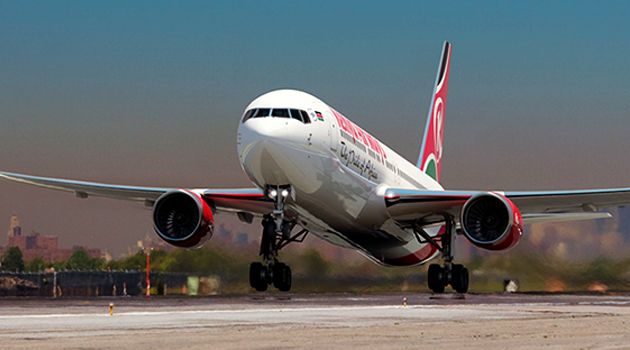
Kenya's flag carrier, Kenya Airways announced yesterday that it will resume direct flights from...